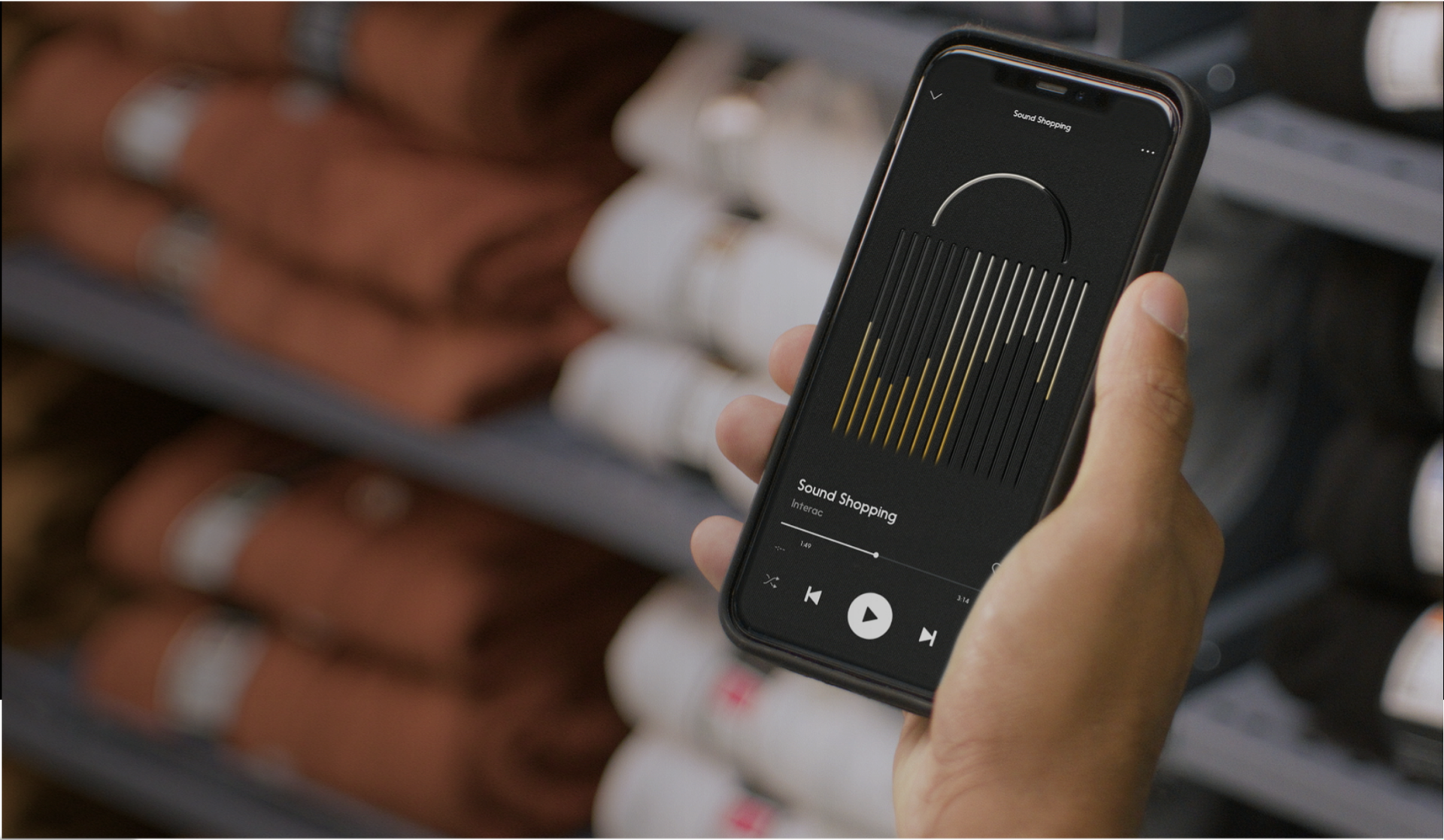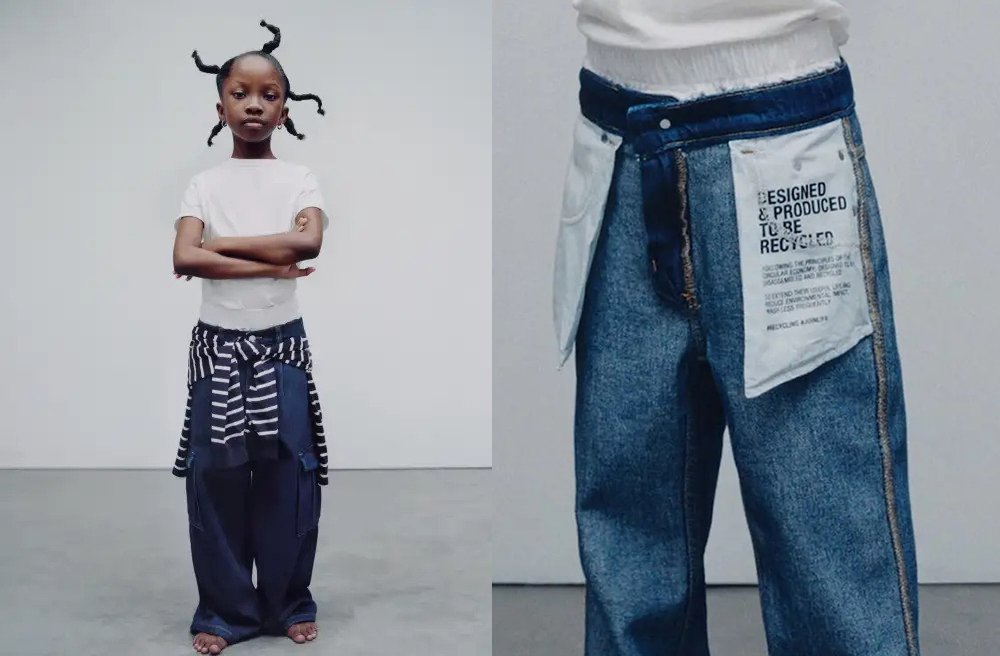

Consumers are drawn to spending less, making more, and having better value for money, all whilst not sacrificing sustainability in the process. In response, some brands are stepping up to the plate to support consumers to save money, some are dialling up intensity of experience to give a good enough reason to spend, some are doing what they can to help savers make sustainable choices, and others are tapping into the trend towards entrepreneurialism and financial savvy, as witnessed, for example, in the popularity of ‘financial cleanses’ amongst the younger generation.
Brands helping us to save money are doing so in creative ways, building allyship amongst economic turmoil with the view that we’re all in this together. For example, Carrefour’s website has an “anti-inflation” button that shows customers cheaper alternatives when shopping their store online. Some are banding together to put the word out there – Channel 4 created a special cost-of-living ad break in partnership with seven brands, including Lidl, Boots, and Coop, to inform viewers of ways to save money or find support during the crisis.
Some brands are aware that it may require more than cheaper alternatives to save money. Canadian interbank network Interac partnered with our friend, sonic branding agency Sixiéme Son to compose Sound Shopping, a first-of-its-kind piece of music to deter you from overspending, with Interac’s data showing that six in ten shoppers are open to tools like this that help them spend with intention. And if you’ve already overspent, Iceland offers loans with zero interest.

For many of us, it’s not about spending less but being considered in how and when we spend. By being both abstinent and indulgent in this way, we practice the art of frugal hedonism, the philosophy which believes that by consuming less, we have more money to spend on what we really want. We are still spending, but less often and with good reason, such as indulging in memorable decadent experiences.
For example, The Murdér Express (now with ‘Part Deux’) gives diners a fully immersive theatrical experience with a complex storyline. If you’d prefer to bring experience to the comfort of your home, SVRE’s app lets you hire your own private chef so you can host the ultimate dinner party. Consumers are looking for better value for money and memorable experiences that go beyond the ordinary.

Consumers have not completely given up on sustainability amidst the cost-of-living crisis. A 2022 survey by Deloitte suggests that consumers in the UK are maintaining their sustainable practices, with up to 75% reporting that they have recycled or composted waste and 64% having limited use of single-use plastics. Furthermore, according to a survey by credit management company Intrum, nearly 70% of European customers would still spend more on sustainable products even when the cost-of-living crisis makes it difficult for them to do so, which helps debunk the myth that sustainability goes out the window when costs demand it.
In turn, savvy brands are acting on the opportunity to tie the cost-of-living crisis into consumers’ desire to spend consciously for the sake of the planet. For example, Alibaba’s Carbon88 initiative rewards customers with discounts for purchasing their eco-friendly products, showing that you can tackle both issues at the same time. BVN Sydney Design studio chose to 3D print their air conditioning system that is made from recycled materials, which resulted in less time to install, less energy on operations, and ultimately, less costs. And big-name brands such as retailer Zara are expanding their circular collections, most recently including their denim collection for children, which now avoids metal rivets and zippers to allow for easy recycling and reuse. Saving the planet, and you money.

Finally, the cost-of-living crisis has turbo-charged a latent desire amongst consumers to use their entrepreneurial instincts to get ahead. Recent research by Virgin StartUp shows that almost half of Gen Z (ages 18-24) are planning on starting their own business in 2023. Brands have the opportunity to fund big ideas from consumers, particularly amongst the entrepreneurially minded Gen Z, who are looking to unlock their future and leap over the recession (and swerve the traditional 9-5 corporate job as they do it).
An example of a brand supporting this mindset is Westfield, who offered shop window space to start-ups with their Side Hustle Heroes initiative. Having observed a wave of people launch their own business online during the pandemic, they saw the opportunity in giving these brands their first-ever physical space.

As none other than Helen Keller’s maxim goes, when one door closes, another opens, but often we look so long at the closed door that we don’t see the one which has been opened for us. Brands that can see the opportunities that this crisis has brought will not only provide relief to others amid crisis, but gift themselves a much longer-term resilience, bringing about loyalty and security in the face of an unknown future. The cost-of-living crisis presents challenges to us all and brands that step up in support will be remembered, whether they are rolling out smart initiatives that help consumers to save or make money or creating larger-than-life experiences that provide real value for money in town, online, or at home.